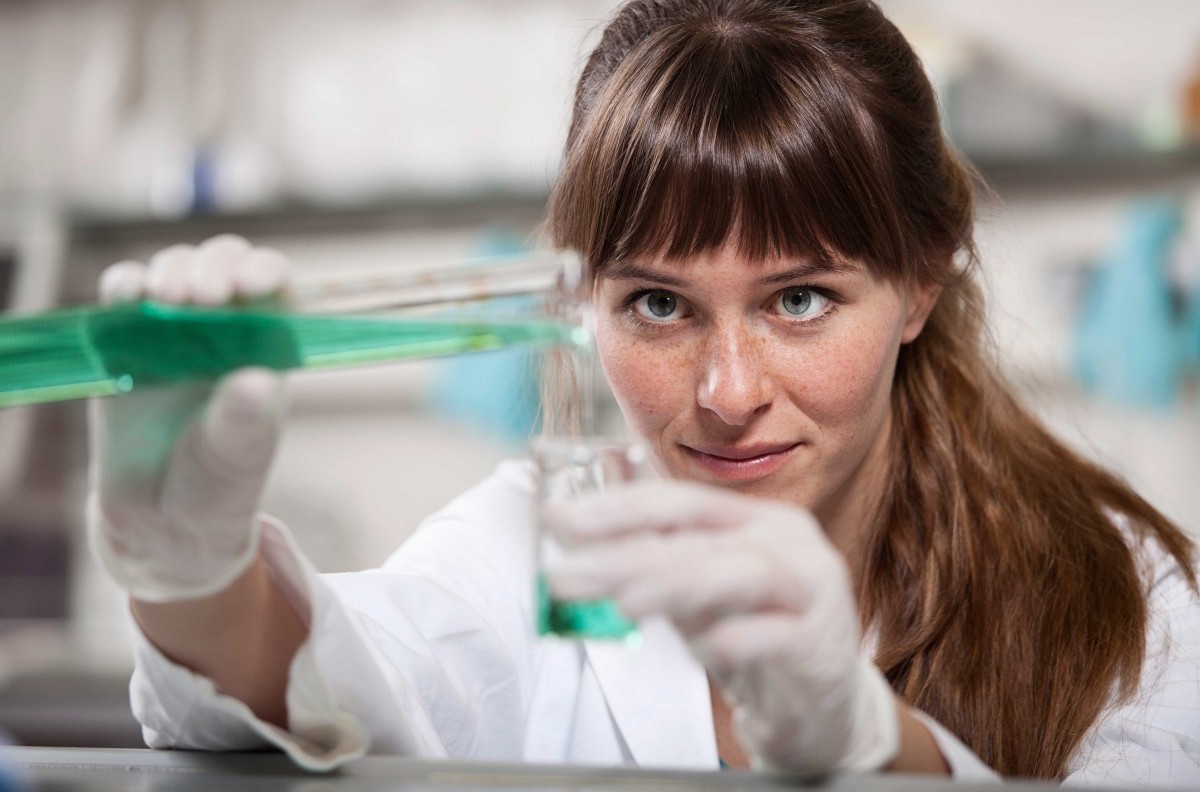News
07-01-2015
Proofs of principle at Biorizon leading to patent applications
A working pilot system and applications for a series of patents: the partners in the Biorizon OP Zuid Project have managed to complete the next stage in the research into obtaining aromatics from biomass to their great satisfaction. What technological challenges did this involve?
‘In theory the number of routes for obtaining aromatics from biomass is infinite’, explains TNO’s Joop Groen. ‘In such cases the trick is to make the right choices. What biomass should we start out with, and what route should we take to what end-product? What makes this programme unusual is that we started with the end-product. What are interesting end-products, what is there a demand for, what is worthwhile? From there we traced back the routes and investigated what biomass we needed. In other words, we took a reverse approach, taking a market-led, demand-led approach. Once we had filled in that part of the jigsaw we realized that all the technologies required are still in their infancy. To make them economically viable we needed to develop them and scale them up.’
Shared research
‘Various chemicals are already being produced from biomass, for example ethanol for fuels’, Groen continues. ‘Processes for making bioethanol often take place in nature almost by themselves. In that respect the technology is already at an advanced stage and it is being used in large-scale plants. But so far it hasn’t been possible to produce aromatic raw materials on a large scale. At Biorizon we’ve come up with shorter, more efficient chemical routes. The challenge is enormous, it requires a lot of innovation, so we’ve opted for shared research. By encouraging various organizations and companies in the supply chain to work together we can make progress faster and more effectively.’
Looking to the future
The partners drew up a road map in consultation with the industry. Groen goes on: ‘It looks to the next ten years or so, during which we expect to be able to demonstrate some things on a commercial scale. After that there will no doubt be fresh challenges: other products, perhaps other types of biomass. The products we’re focusing on are building blocks for the chemical industry such as plastics and coatings. In forty percent of cases those are aromatic building blocks. The ‘six ring’, six carbon atoms evenly bonded together, lends the molecule a very unusual set of properties. It makes it strong, temperature-resistant and rigid, so you can use it to produce high-quality products.’
Effective and efficient
‘We’re doing the early, highly experimental work, and at Biorizon we’re working with the industry so as to innovate together as far as possible and share knowledge, expertise and facilities. The industry’s role gets bigger as we gradually scale up the systems, with larger quantities and investments involved. We’ve shown that shared research is an effective and efficient way of working on technological advances of this kind, by pooling knowledge and expertise, and sharing facilities and investment efforts. I cordially invite interested organizations who would like contribute ideas and help with development to join the Biorizon online community.’
Source: TNO







